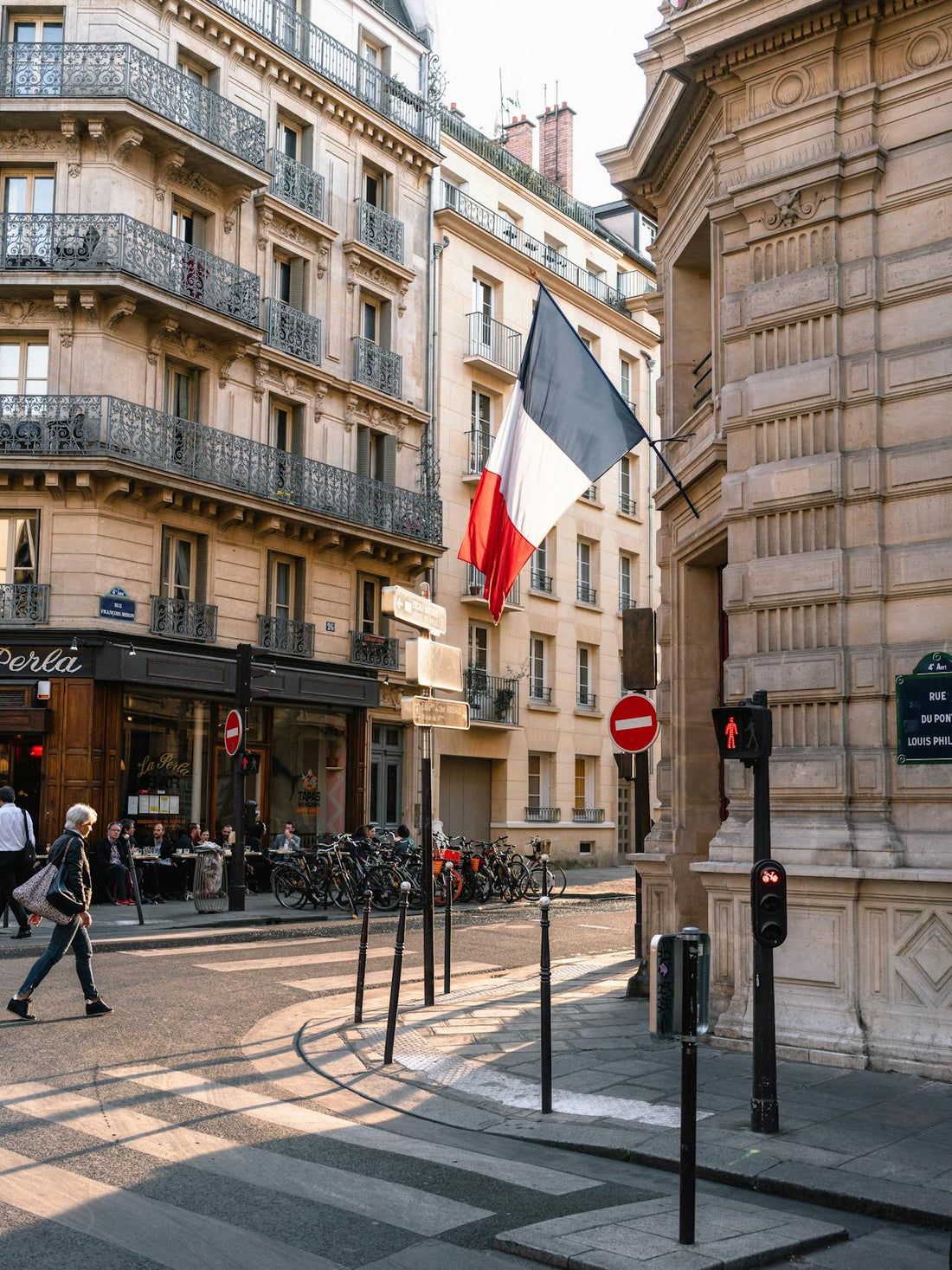The Birth of Fine Dining: A French Legacy
When we think of fine dining, images of white tablecloths, carefully plated dishes, and elegantly served courses often come to mind. Much of this sophistication has its roots in French cuisine, which revolutionized how food is prepared, served, and appreciated. From intricate culinary techniques to the concept of multi-course meals, the French have had an unparalleled impact on the evolution of fine dining.
This influence didn’t happen overnight. It’s a legacy built on centuries of culinary innovation, social changes, and cultural traditions. So, how did France become the gold standard for fine dining? Let’s dive into the history of how French cuisine shaped global dining culture.
French Royalty and the Roots of Fine Cuisine
The story begins in the 16th and 17th centuries, when French royalty, particularly during the reigns of Louis XIV and Louis XV, placed an enormous emphasis on lavish feasts and culinary presentation. French courts were known for their elaborate banquets, showcasing dishes that were both visually stunning and expertly crafted.
Chefs in royal households were tasked with creating new and innovative recipes to impress nobles, giving rise to what we now call haute cuisine, or “high cooking.” During this time, chefs began formalizing culinary techniques and recipes, laying the foundation for the precision and artistry that defines fine dining today.
One key figure during this era was François Pierre La Varenne, considered the father of modern French cuisine. In 1651, he published Le Cuisinier François, a cookbook that revolutionized French cooking by emphasizing fresh ingredients, light sauces, and refined techniques over the heavy, spiced dishes that were previously popular.
The French Revolution and the Democratization of Fine Dining
While French royalty helped define the standards of fine cuisine, it was the French Revolution in 1789 that made it more accessible. Before the revolution, fine dining was exclusively available to the aristocracy, but the fall of the monarchy and the rise of a new social order changed that.
As the royal court dissolved, many palace chefs found themselves unemployed. Instead of continuing to serve only the wealthy elite, these chefs opened their own restaurants, bringing their expertise to the public. This shift marked the birth of the modern restaurant industry and introduced the concept of dining out as we know it today.
French restaurants began to focus on high-quality ingredients, seasonal menus, and attentive service. They also popularized the idea of multi-course meals, where dishes were served in a specific sequence—appetizers, entrees, and desserts—creating a more structured and elevated dining experience.
The Rise of Culinary Schools and French Techniques
Another reason French cuisine became synonymous with fine dining is its emphasis on culinary education and technique. French chefs have always prioritized precision and discipline in the kitchen, qualities that were formalized in the 19th century with the founding of culinary schools like Le Cordon Bleu.
One of the most influential figures in this movement was Auguste Escoffier, who is often referred to as the “King of Chefs.” Escoffier refined and organized French cooking techniques into a codified system, making them easier to teach and replicate. He introduced the brigade system, dividing the kitchen into stations (such as saucier for sauces, pâtissier for desserts), which is still used in professional kitchens around the world.
Escoffier also elevated the art of plating, emphasizing the importance of presentation. This approach transformed food into a visual art form, setting the standard for fine dining aesthetics that continues today.
French Wine and Pairings: Completing the Experience
Another area where the French excelled was in integrating wine into the fine dining experience. French winemaking regions like Bordeaux, Burgundy, and Champagne became renowned for their high-quality wines, which were carefully paired with meals to enhance flavor and balance.
This emphasis on wine pairing added another layer of sophistication to French dining culture. It wasn’t just about eating a meal—it was about curating a complete sensory experience that celebrated the harmony between food and drink.
French Cuisine’s Global Influence
As French restaurants and chefs gained recognition, their influence spread around the world. French cuisine became the benchmark for excellence in the culinary world, inspiring chefs from every corner of the globe. Many aspiring chefs traveled to France to train in French kitchens and bring those techniques back to their own countries, blending French principles with local ingredients and traditions.
Dishes like coq au vin, soufflé, and boeuf bourguignon became staples of fine dining menus worldwide. French terminology, such as “sous chef” (assistant chef), “mise en place” (everything in its place), and “à la carte” (ordered individually), also became the universal language of professional kitchens.
Even today, Michelin stars, the ultimate symbol of culinary excellence, have their roots in France. The Michelin Guide was first published in 1900 by the French tire company Michelin, and it remains a global authority on fine dining.
Why French Fine Dining Still Matters Today
The French approach to fine dining continues to influence the way we eat, cook, and experience food. From the meticulous preparation of ingredients to the artistry of plating, French cuisine has elevated cooking from a necessity to an art form.
At its core, French fine dining is about more than just luxury—it’s about honoring the ingredients, celebrating the craftsmanship of cooking, and creating an unforgettable experience for diners. This philosophy aligns perfectly with Leprendo’s mission to connect people with the stories behind their food and to prioritize quality, sustainability, and care in every meal.
Final Thoughts
The French revolutionized fine dining by setting the gold standard for culinary excellence. Their focus on precision, artistry, and the dining experience transformed the way we think about food and inspired chefs and food lovers around the world.
Whether you’re mastering French techniques in your own kitchen or indulging in a carefully crafted restaurant meal, you’re experiencing the legacy of French cuisine. And with access to fresh, high-quality ingredients from farmers and artisans through Leprendo, you can bring the elegance and tradition of fine dining into your own home.

